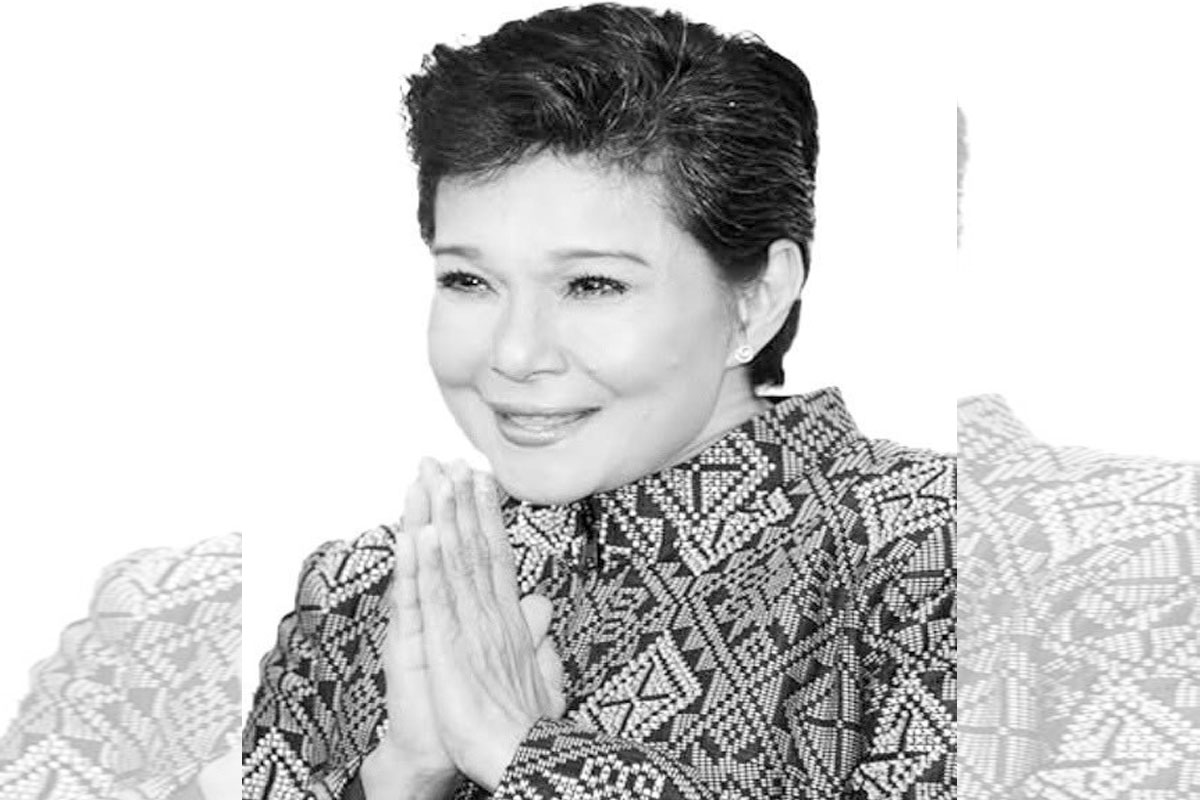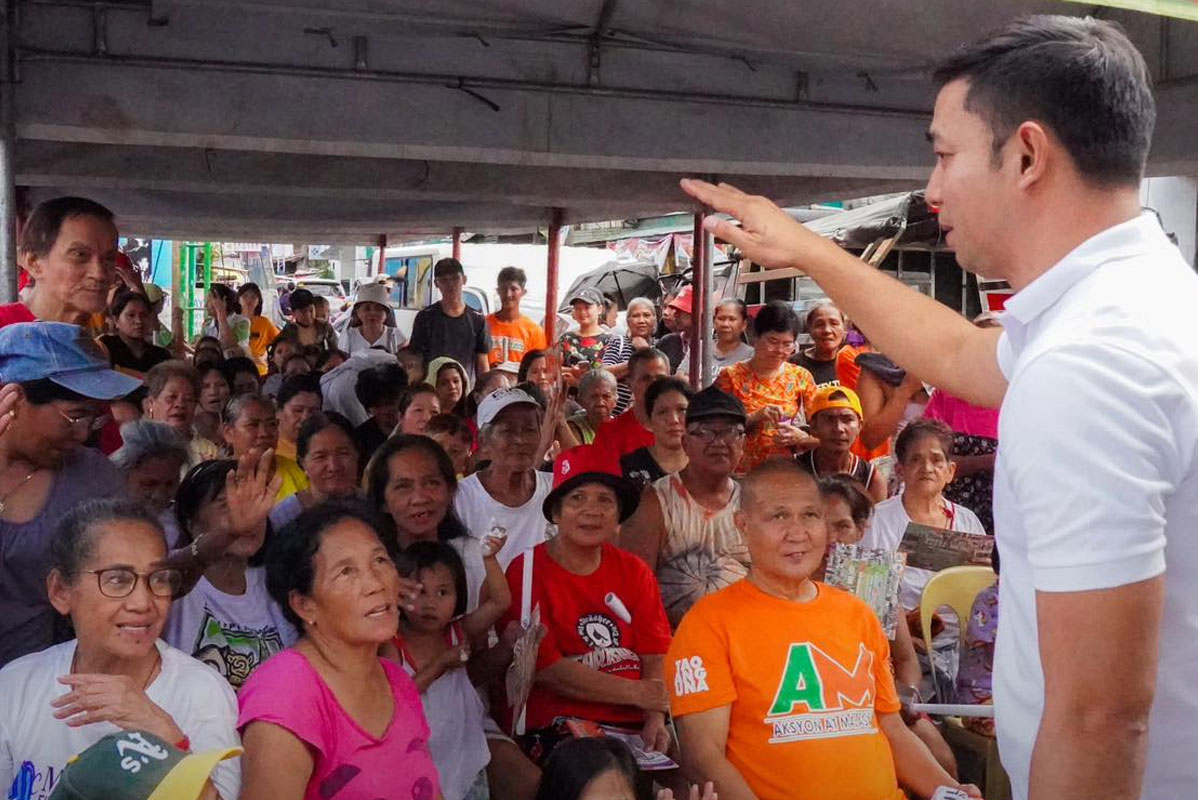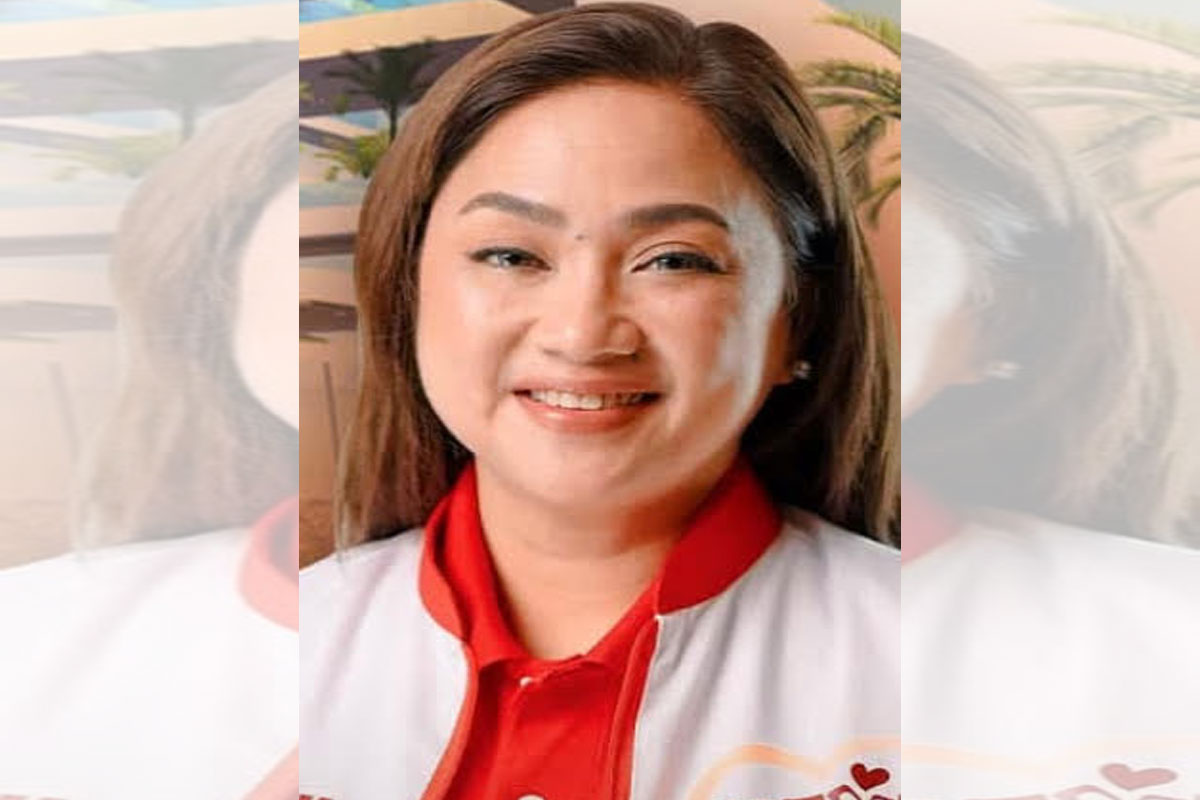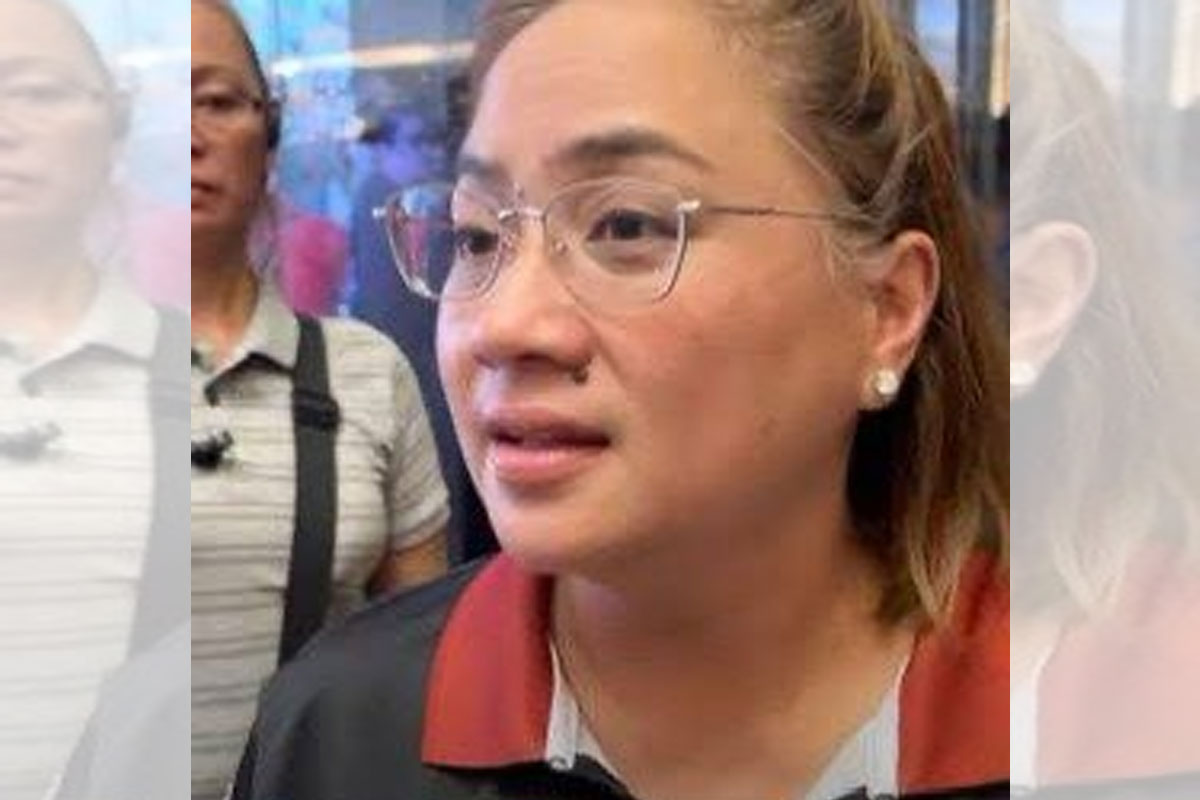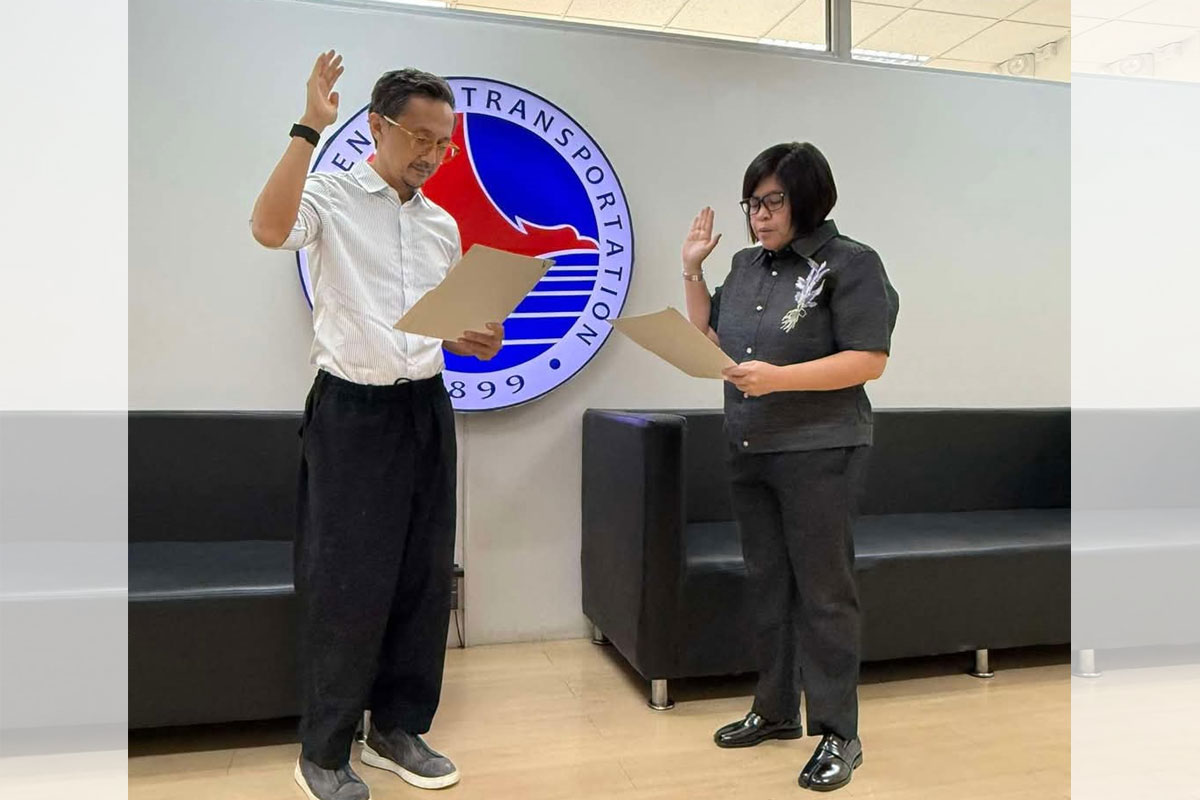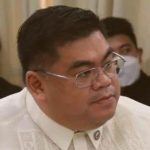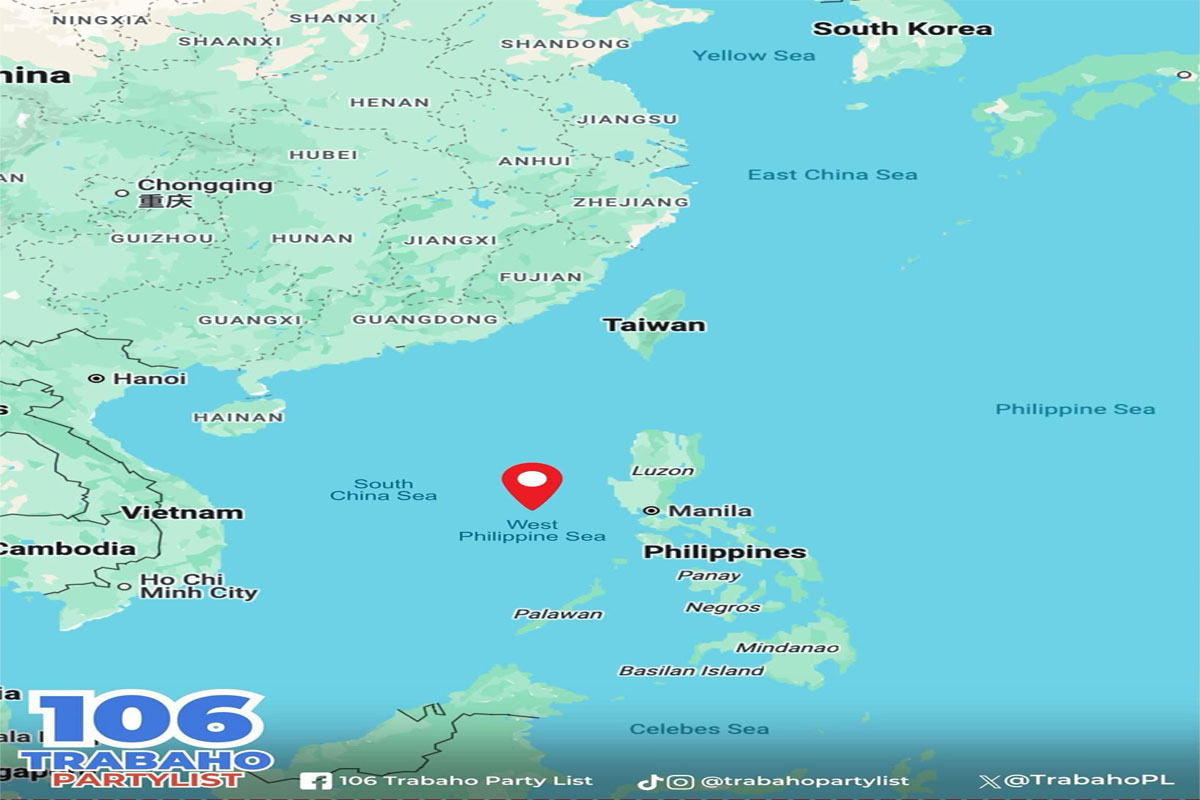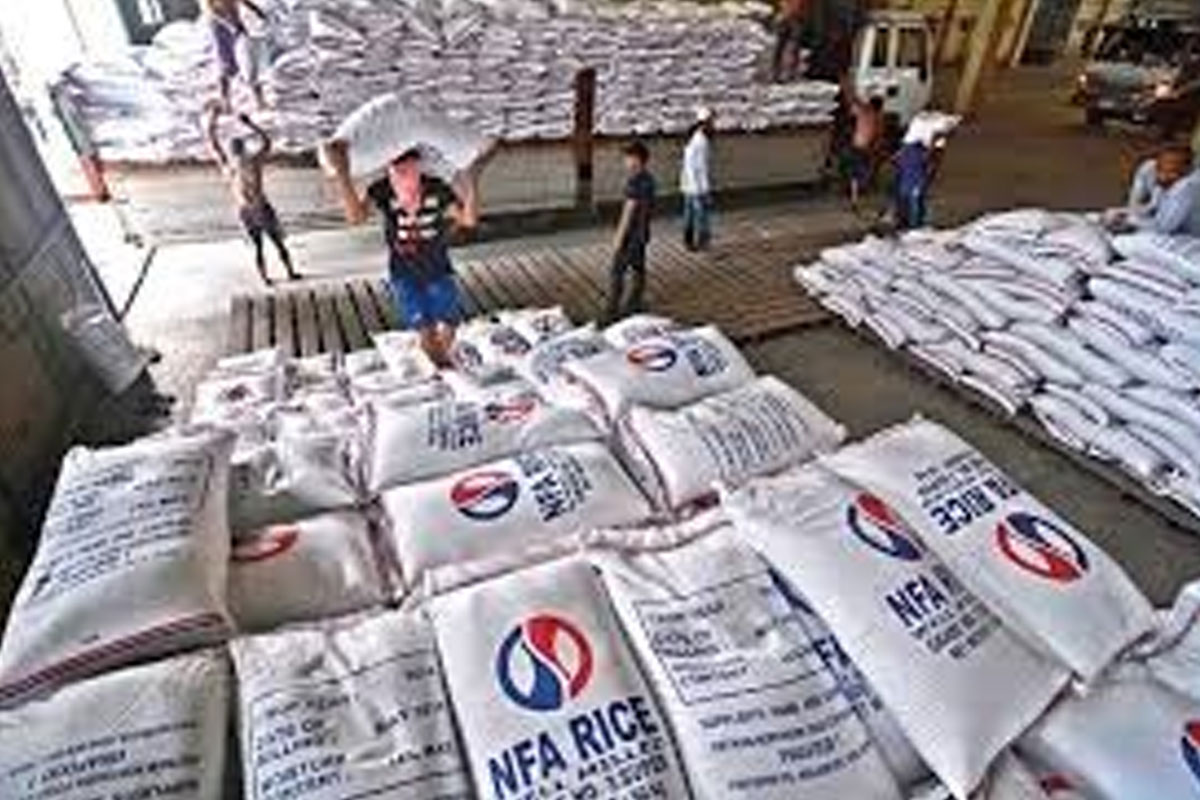
DSWD wants SSS coverage for 4Ps beneficiaries
THE Department of Social Welfare and Development (DSWD) is urging the household-beneficiaries of the Pantawid Pamilyang Pilipino Program (4Ps) to secure insurance coverage and become members of the Social Security System (SSS) for future pension.
4Ps national program manager and director Gemma Gabuya said it is the task of the DSWD to encourage the 4Ps beneficiaries to be SSS members as it is crucial for them to have security or insurance.
“Actually kasama po iyan sa programa po natin. Sa ginagamit nating panukat iyong Social Welfare and Development Indicator (SWDI) natin, kasama talaga iyan na ma-insure [para] bago mag-graduate sa 4Ps mayroon siyang security o insurance,” she said.
Gabuya said this initiative is part of the DSWD’s commitment to ensure the financial security and sustainability of 4Ps beneficiaries as they transition out of the program.
“We want our 4Ps beneficiaries to have a stable source of income, whether through self-employment or formal employment. Part of our metric is for them to avail of SSS insurance,” she added.
The SSS monthly premium will be shouldered by the beneficiaries themselves.
“Kasi di ba meron na silang income. Mayroon na silang trabaho. Iyon naman ay lahat ng may income, self-employed man o employed ay talaga open ang SSS for its membership. So ine-encourage namin sila,” the DSWD official pointed out.
The 4Ps national program manager said the DSWD and the SSS are also exploring possibilities of providing subsidies in times of disaster or unforeseen challenges to ensure continuous coverage for the beneficiaries.
The 4Ps, which is being implemented by the DSWD, is a national poverty reduction strategy institutionalized under Republic Act No. 11310 or “An Act Institutionalizing Pantawid Pamilyang Pilipino Program (4Ps)” signed on April 17, 2019.
The DSWD’s flagship program puts a premium on giving indigent families the means to break-away from the intergenerational cycle of poverty through human capital investments.


